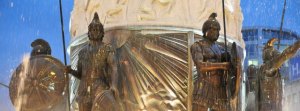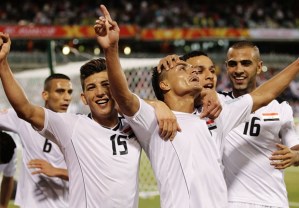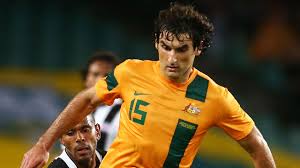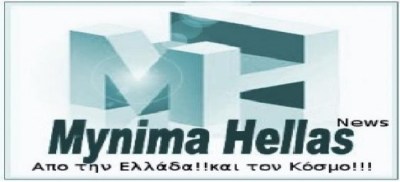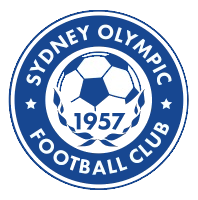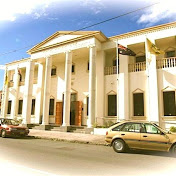United Arab Emirates has set up an Asian Cup semi-final with Australia after a shock penalty shootout win over Japan at Sydney’s Olympic stadium.
Two of Japan’s biggest stars missed penalties as the defending Asian Cup champions were dumped out at the quarter-final stage by United Arab Emirates on Friday.
The Sydney fixture was forced into extra-time when the sides ended 90 minutes tied at 1-1 and, after the additional half-hour failed to produce another goal, Keisuke Honda and Shinji Kagawa missed their respective spot-kicks to cost Japan a place in the last four.
After Kagawa’s effort had struck the left-hand post, Ismail Ahmed stepped up to seal the win for UAE.
Ali Mabkhout had given UAE the lead after seven minutes with a stunning strike, with Japan struggling to shift out of first gear for much of the encounter.
Javier Aguirre’s side stepped up their game somewhat in the second half, and pulled level through Gaku Shibasaki nine minutes from time.
However, it was UAE who came out on top after the shootout went to sudden death.
The victory sees Mahdi Ali’s side progress to face hosts Australia for a place in the final, while Japan suffer their earliest elimination since 1996, when the tournament was held in UAE.
That tournament was also the last time UAE – eventual runners-up – reached the last four.
Mabkhout fired a warning signal when he carried the ball into the Japanese box only to get a heavy touch at the crucial moment, but the Al Jazira frontman did put his side ahead in the seventh minute.
The 24-year-old expertly brought down an inviting ball over the top, before rifling his fourth goal of the tournament across Eiji Kawashima into the bottom-left corner.
Inui looked to be Japan’s biggest threat early on and should have netted a leveller 11 minutes later, but headed straight at Majed Naser from a Gotoku Sakai cross.
With the winners of the fixture going on to face hosts Australia in the semi-finals, it was little surprise to hear the lower-ranked UAE enthusiastically supported in Sydney, and Ali’s men looked assured in preserving their unexpected lead.
Yasuhito Endo blasted over and Honda disturbed the side-netting before the half was out, but Japan looked a shadow of their usual selves.
Yoshinori Muto was introduced in place of Inui at the interval, but squandered two great opportunities to pull Japan level – drilling wide left before sending a header off target just short of the hour mark.
There was no questioning Japan’s improved attacking threat in the second half, and their persistence paid off when Shibasaki found the net with a sublime finish nine minutes from time.
The substitute was teed up by Honda just outside the box and found the net with a perfectly judged curling strike.
Only some desperate defending prevented Japan snatching the win in normal time, with Naser punching clear from a Kagawa effort late on before pushing over from a Honda free-kick.
Kagawa then put the ball agonisingly wide of the left-hand post from close range with the final kick of regulation time to force an extra 30 minutes.
The first period of additional time passed without incident – much to the relief of UAE, who came under immense pressure towards the end of the 90 – and the pace barely picked up in the second, with a late Honda free-kick sneaking just wide of the target to leave the sides to contest a shoot-out.
Honda ballooned the opening penalty to give UAE the advantage, before Khamis Esmaeel also cleared the crossbar to restore parity.
Kagawa’s strike against the base of the post at 4-4 opened the door for Ahmed to seal a famous victory, and the substitute made no mistake from 12 yards.
source:goal.com

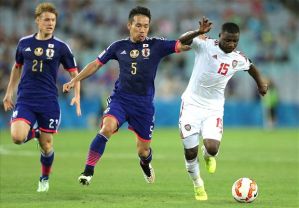
 Illustration: Simon Letch
Illustration: Simon Letch
